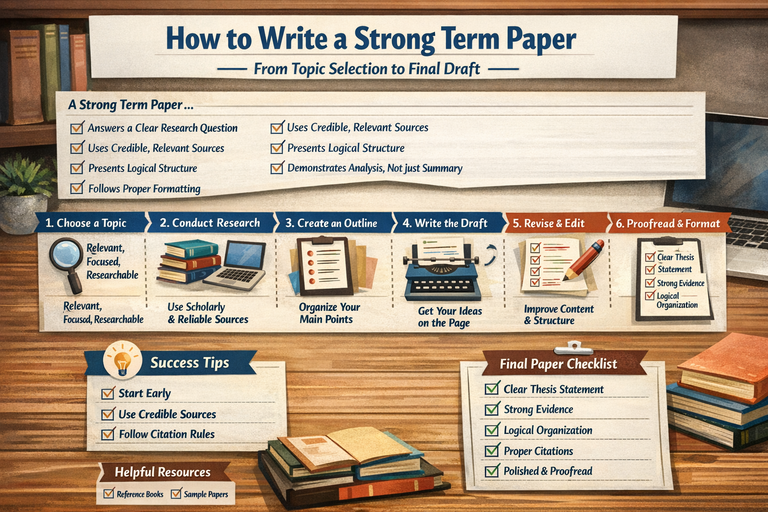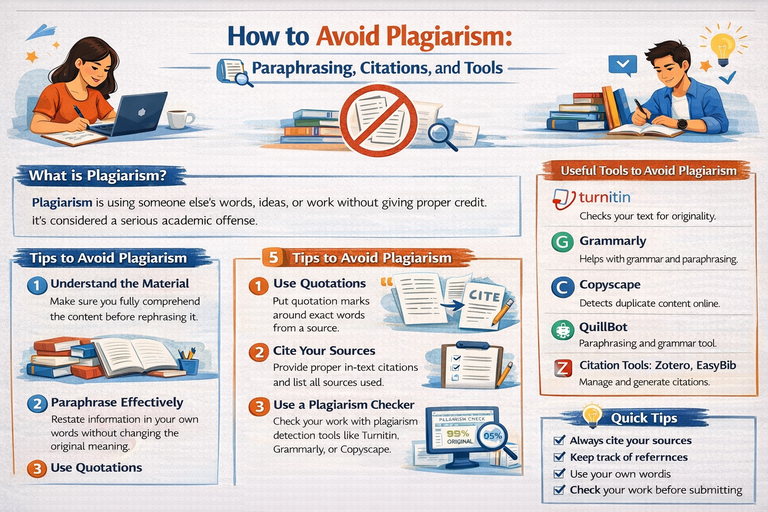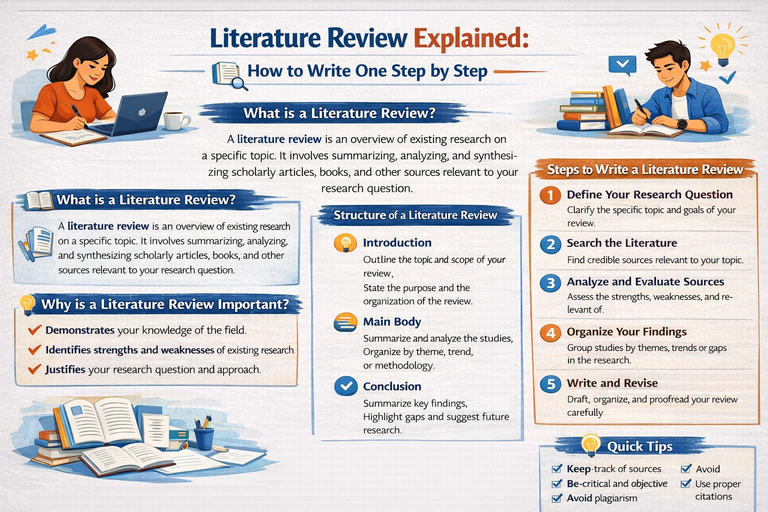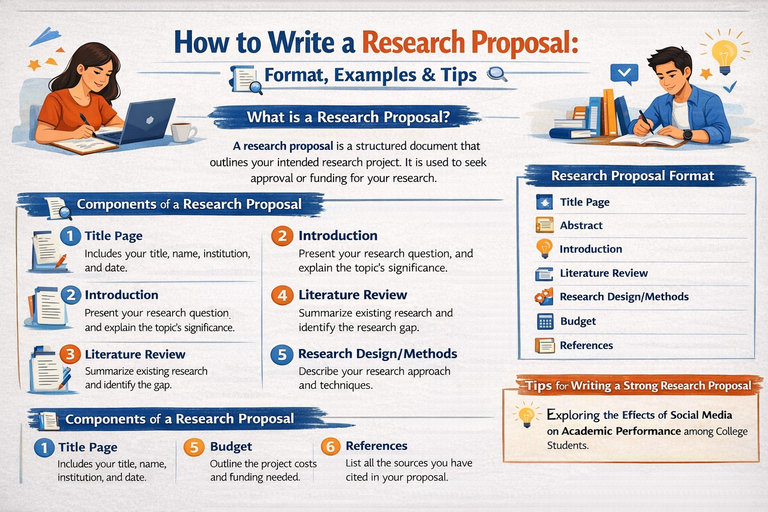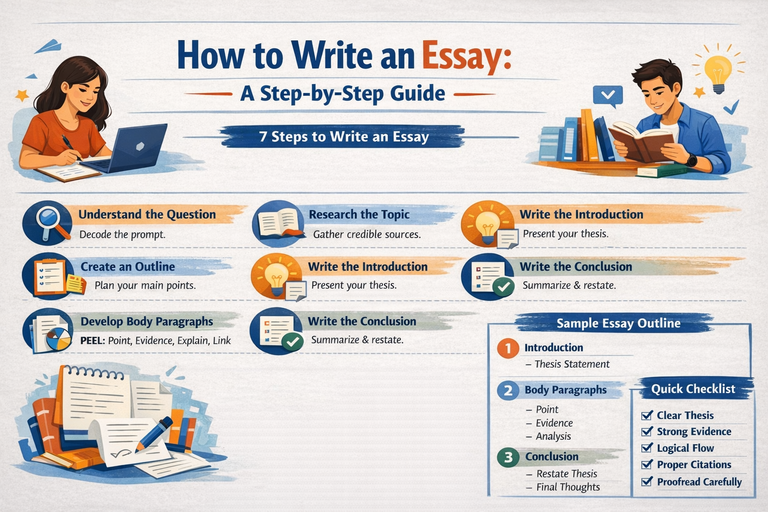The Psychology of Reading: Why We Love Stories
Stories have been part of human existence since the beginning of time. Long before we had written language, we gathered around fires to tell tales of heroes, battles, gods, and dreams. Even today, in an age dominated by screens and instant gratification, we remain obsessed with stories—through books, films, podcasts, and social media threads.
But what is it about stories that captivate us so deeply? Why do we care about fictional characters, cry over events that never happened, or feel transformed after finishing a novel?
At Junkybooks, we explore the art and impact of storytelling—not just as entertainment, but as a powerful psychological experience. In this post, we’ll take a deep dive into the psychology of reading and unpack why we are so naturally drawn to stories.
The Brain on Stories
When you read a story, your brain lights up in fascinating ways. It’s not just the language-processing parts of your brain at work—your sensory and emotional centers activate too. If a character smells fresh bread, your olfactory cortex responds. If they leap over a wall, your motor cortex fires as though you made the jump.
Stories create what scientists call narrative transportation—the immersive experience of being mentally “transported” into another world. According to research, the more transported you are, the more engaged and emotionally invested you become. This kind of engagement can even lead to lasting changes in beliefs, attitudes, and behavior.
Evolutionary Roots of Storytelling
The love of storytelling isn’t just a cultural artifact—it’s an evolutionary trait. Anthropologists suggest that storytelling evolved as a way to transmit knowledge, values, and social norms. In early human societies, stories taught people how to survive, avoid danger, and cooperate with others.
Storytelling also helped bond communities. Sitting around a fire sharing tales created a shared identity, a sense of belonging. This communal aspect of stories still exists today in book clubs, fandoms, and cultural conversations. Stories connect us not just to characters, but to each other.
Stories Make Meaning
One reason we’re drawn to stories is their ability to make sense of the world. Life is often chaotic and random, but stories impose structure. They have beginnings, middles, and ends. Characters face challenges, make choices, and grow. This structure gives us comfort, understanding, and a sense of resolution—something real life doesn’t always provide.
In literature, even tragic or ambiguous endings feel meaningful because we’ve witnessed a narrative arc. It helps us process our own experiences. We don’t just read stories—we use them to understand our place in the world.
Mirror Neurons and Empathy
Have you ever cried while reading a novel or felt joy when a character succeeded? That’s your mirror neurons at work. These brain cells fire when we observe someone else’s emotions or actions, essentially allowing us to “mirror” their experience. When we read about characters going through emotional events, we feel those emotions ourselves.
This is why reading fiction is strongly linked to increased empathy. Studies have shown that frequent readers of literary fiction score higher on empathy tests and are better at reading emotional cues in others. Fiction provides a rehearsal space for real-life emotional situations.
Escapism and Mental Health
Reading also provides a powerful form of escapism. When life feels overwhelming, getting lost in a story offers psychological relief. It’s not just avoidance—it’s emotional recalibration. Reading fiction can lower stress, reduce anxiety, and even improve sleep.
In a world of constant stimulation and digital distraction, reading forces us to slow down and focus. It’s a form of mindfulness that allows us to step outside our immediate worries and engage with something bigger than ourselves.
Identity and Self-Discovery
Stories don’t just entertain us—they help us discover who we are. When we connect with a character, we often see aspects of ourselves in their journey. Whether it's a young wizard learning his purpose or a struggling artist trying to make sense of life, we find our own struggles mirrored in their narrative.
Young readers, in particular, use books to explore identity, values, and aspirations. But this process never really stops. Throughout life, stories continue to help us understand our emotions, relationships, and personal growth.
The Role of Genre in Psychological Engagement
Different genres serve different psychological needs:
-
Fantasy and sci-fi offer escape and stimulate imagination.
-
Romance provides emotional catharsis and attachment.
-
Thrillers and mysteries engage our problem-solving skills and sense of justice.
-
Literary fiction dives into character psychology and emotional depth.
-
Historical fiction connects us to the past, giving us context for the present.
The variety of genres allows stories to serve diverse psychological functions, tailored to what each reader needs at a particular time.
Reading and Emotional Regulation
Another fascinating aspect of reading is how it helps us regulate emotions. Through characters’ experiences, readers learn how to cope with grief, disappointment, fear, and joy. Seeing a character survive loss or overcome adversity provides a mental script we can draw from in our own lives.
This is why bibliotherapy—the practice of using books as a therapeutic tool—is so effective. Counselors often recommend novels to help clients process trauma, grief, or anxiety. A story doesn’t have to offer advice to be helpful; it simply needs to validate your experience and show that healing is possible.
Stories as Social Tools
Beyond the individual benefits, stories are crucial for social communication. Think about how often you use stories in daily life—recounting a funny incident, sharing a dream, or explaining your point of view. These are all mini-narratives we use to build trust, convey information, and influence others.
Even in professional settings, storytelling is a key skill. Marketers, leaders, and educators rely on stories to make ideas stick. People remember narratives far better than they remember facts. Reading fiction sharpens our narrative instincts and improves our ability to connect with others.
Why We Never Outgrow Stories
Some people think that reading fiction is just for kids or hobbyists. But the truth is, the psychological benefits of stories extend into every phase of life. Children use stories to make sense of the world. Teens use them to form identity. Adults use them to reflect, escape, and grow. And the elderly use them to preserve memory and legacy.
That’s the beauty of fiction—it evolves with us. A novel you read in your twenties might strike you differently in your forties, simply because you have changed. Your emotional experiences add layers of meaning to the same story over time.
Junkybooks and the Power of Story
At Junkybooks, we’re not just passionate about books—we’re passionate about what they do to the human mind and heart. We believe every story holds the potential to shift your perspective, grow your empathy, or awaken a dream. Whether you love sci-fi, romance, thrillers, or literary classics, the stories you read shape who you are.
So the next time you pick up a novel, remember: you’re not just flipping pages. You’re engaging in a deeply psychological act that has evolved over thousands of years. You're connecting to something ancient, universal, and profoundly human.
Final Thoughts
Why do we love stories? Because they reflect who we are, who we’ve been, and who we could become. They connect us to others, help us understand ourselves, and bring meaning to a chaotic world. The psychology of reading shows that stories are not a luxury—they’re a necessity.
Whether you're laughing with fictional friends, grieving a character’s death, or cheering for the underdog, you're participating in something powerful. Stories shape us. And in return, we shape the world through the stories we choose to live by.
So keep reading. Keep imagining. Keep connecting. The next story might just change the way you see everything.



